Some hoteliers treat revenue management as an occasional task to consider when it suits them. Often, these hoteliers misunderstand revenue management as a discount tool without realizing it touches every aspect of the business.
That is when professionally managed. Professional revenue management is a complex discipline that requires daily data analysis to spot trends and make informed recommendations. When well-executed, revenue management grows a hotel’s profitability yearly through calculated decisions.
One important component of revenue management is the hotel’s brand reputation. When a property has a strong (positive) reputation, that reputation triggers online algorithms to showcase the property on the OTAs and other sales channels.
More people will book when the property is visible, and the reviews are recent and glowing. That probably seems obvious. Yet, what’s not obvious, are the common mistakes hoteliers make that virtually guarantee the property is “hidden” online. Or, that if customers do find the property online, inflexible policies turn away potential customers.
Some properties find low occupancy in the low season and attempt to compensate in the high season with rates that attract 100% occupancy rates. Yet, when you dig into the numbers, that strong demand shows a low ADR (average daily rate) even with high demand. That’s a recipe for losing money.
Professional revenue management digs into the common mistakes (including pricing errors) hoteliers make that cost them thousands.
Professional Revenue Management Can Ensure These Common Mistakes Don’t Happen
Revenue managers take a 12-month view, analyze the data, and understand the potential impact of short-term decisions. Revenue managers can double or triple (or more!) a hotel’s profitability YoY.
Here are six common pricing mistakes hotels make when they don’t rely on revenue management to guide their profitability.
1- Minimal Data – “Data-driven” is a popular buzzword nowadays, but analyzing data is the point of a revenue manager. They use that data to guide decisions. Hotels that don’t track their customer data with a good PMS or don’t look at the data are missing the story that can lead to greater profits.
2- Wrong Sales Channels – When you know which online channels bring the best results, you’ll know which ones to keep and which to let go of. Some online sales channels charge high fees and don’t bring much income, and it makes more sense to focus on the ones producing the most revenue. The data will tell you.
3- Restrictions – When hoteliers restrict rooms with rigid cancellation policies, non-refundable rates, minimum stays, and all the other ways you may restrict rooms, you risk turning away customers. It may make sense, but when you spot the data trends, you may discover you’re losing profits.
4- Unfair Contracts – If your property has contracts with agencies and tour operators, is it beneficial to both parties? Some hoteliers find they have allotment concessions more than their total rooms. Or, they realize they’ve negotiated rates far below the ADR market value in high season and, conversely, too high in low season.
5- Lack of Flexible Rooms – Professional revenue managers understand assigning rooms is like Tetris. You streamline your occupancy by moving reservations across your room calendar in the PMS, and you gain profit potential by moving or upselling reservations or exchanging room categories. Otherwise, you may have holes in the calendar.
For example, strict policies sometimes mean some rooms are designated with the availability of one night only. Too many of those and the OTAs won’t show your property when people look for multi-night stays. This invisibility leads to reduced profits in the high season.
6- Diminished Brand Reputation –
Don’t overlook the power of a strong brand reputation. Your hotel’s online visibility, compared with new and positive reviews, can make the difference between having a stellar, profitable year and a disappointing one.
Ignoring online reviews and comments sends a message to potential customers that you don’t care. Those potential customers will go elsewhere.
One of the cornerstones of professional revenue management is maintaining an excellent online reputation. It’s more than vanity; it contributes to your property’s profitability.
How Can a Professional Revenue Manager Grow Your Hotel’s Profits YoY?
By now, you understand raising and lowering pricing is only a fraction of revenue management.
Professional revenue managers studies and analyzes past data to understand occupancy trends throughout the year.
They’ll recognize the true low periods when they can analyze the data to compare revpar (revenue per available room) each day and month. Then they can create ways to increase occupancy (and therefore turnover) where it is scarce and how to increase turnover in periods when occupancy is high.
Accurate revenue management requires segmenting dynamic channels such as OTAs, websites, foot traffic, and phone calls and reviewing the ADR. They then compare those numbers with the static pricing channels to determine how your group tours, business travel, and regulars compare.
Where are there gaps and opportunities?
The revenue manager recommends changes to the revenue models based on data. They may reshape the design of the room types by simplifying and targeting the offer. Finally, they’ll analyze the brand reputation and the property to evaluate the starting pricing, the variations/supplements between room types, and independent pricing per room type. The goal is to maximize results and increase turnover.
It requires daily data analysis to perform professional revenue management. That’s how you make sense of the occupancy trends and all the variables that can affect them. For example, the source channel, brand reputation, competition, and weather, all contribute to occupancy and room rates.
The amalgamation of data contributes to pricing decisions. When do you raise, maintain, or lower the rate for specific dates? Some properties may choose to increase the rate by 10 euros, and other times it could be 50 or 100 euros.
The difference between a professional revenue manager and an improvised one is the discipline to track these data points and learn from them.
While some hoteliers think low rates in low season indicate revenue management, nothing could be further from the truth. Revenue managers recognize that balancing low rates in the low season with online visibility and reputation can turn into high demand (and profitability) a few months later. Some 3 and 4-star hotels turned 59 euro rates into 599 euros (or even more) in the same year. All through professional revenue management. Check this customized performance report for more practical examples.





